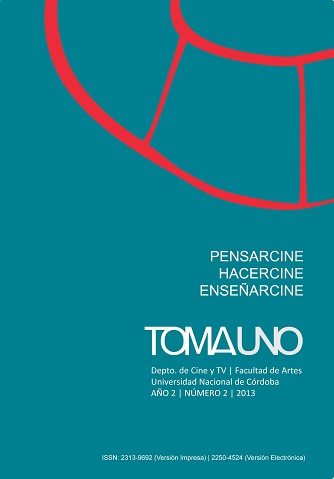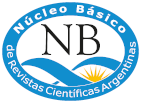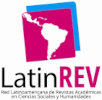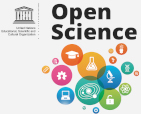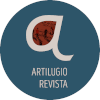Image, Word and action. The filmmaker as intellectual at the end of the sixties in Argentina
DOI:
https://doi.org/10.55442/tomauno.n2.2013.9333Keywords:
Filmmaker, Intellectual, Political film, Critical conscience, Action filmAbstract
One common denominator of Latin-American political filmmakers of the sixties was to think of themselves as intellectuals. This was a duty they assumed in different spheres of activity (publications, conferences, festivals, even their own work). Adventurers in a hostile media, filmmakers convert the camera into a tool of transformation and change. Political radicalization, dependence theory, anti-imperialist fight, and revolutionary causes, were recurrent topics in the intellectual film field, although, they also concerned the whole of the artistic field in Argentina. In this context, several debates regarding the specificity of film as a media took place. The camera as a gun, the capacity of generating critical conscience and politically active agents, clandestine practices of exhibition and production, and the conception of the filmic moment as an act, were some of the subjects that concerned the filmmaker/intellectual figure towards the end of the sixties.Downloads
Download data is not yet available.
Downloads
Published
2013-11-07
How to Cite
Wolkowicz, P. C. (2013). Image, Word and action. The filmmaker as intellectual at the end of the sixties in Argentina. Toma Uno, (2), 135–151. https://doi.org/10.55442/tomauno.n2.2013.9333
Issue
Section
MAKING CINEMA
License
This work is licensed under Creative Commons Attribution-NonCommercial-NoDerivs 2.5 Argentina .

